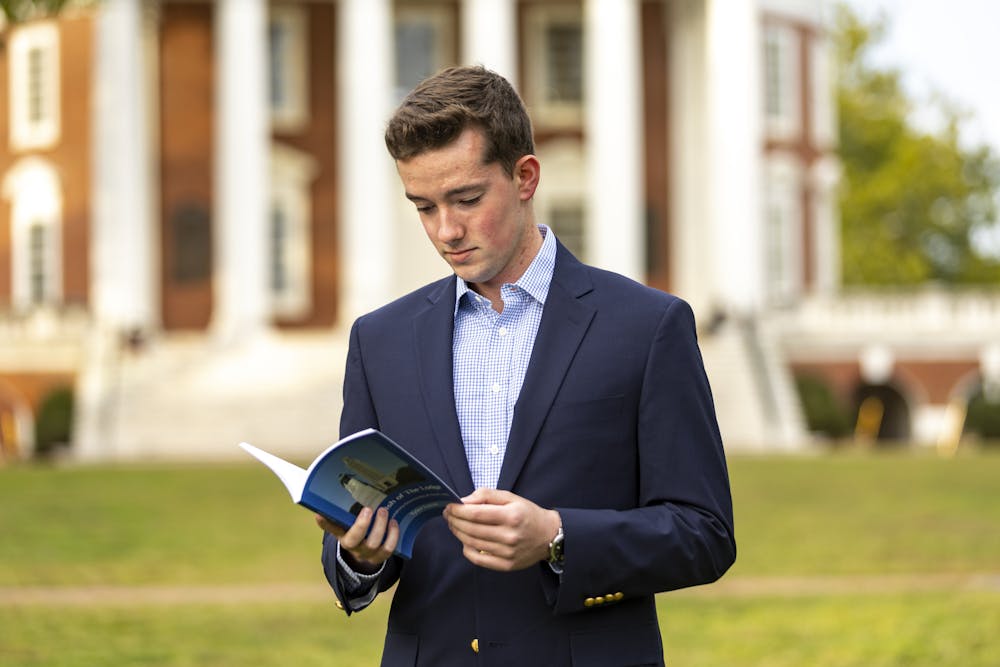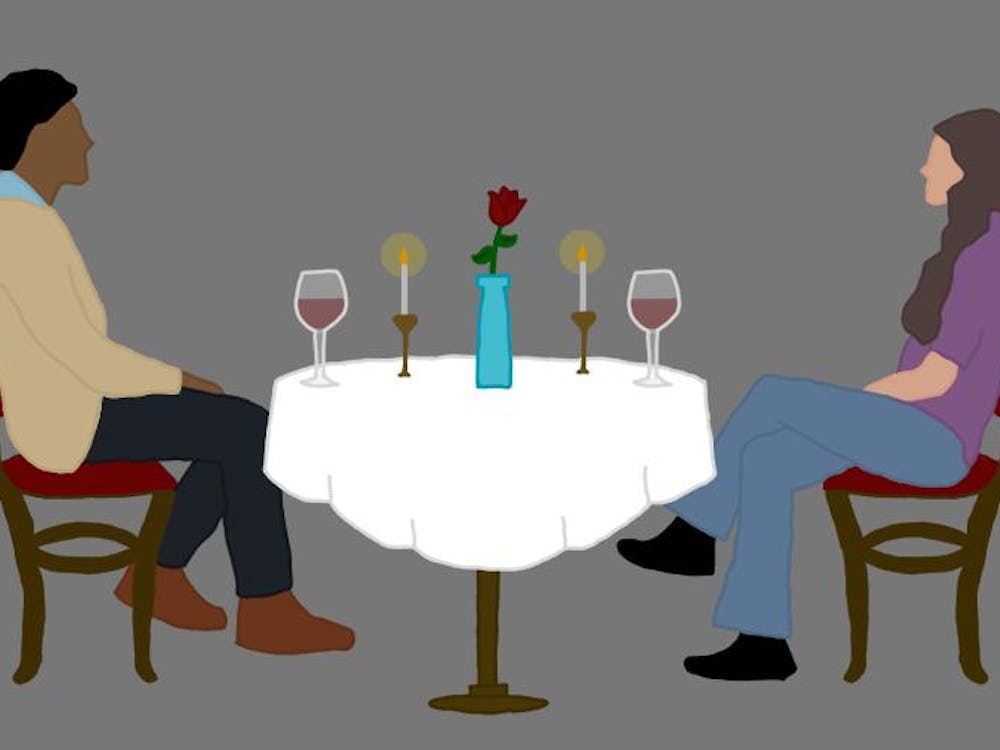Just as books have moved beyond paper, publication has shifted from its former rigidity to a new era of independent initiative. Internet avenues popping up across the web offer passionate writers the resources necessary to bring their visions to life without the oversight of established firms. Third-year College student Tyler Lucas seized these new opportunities, independently publishing his book “Kingfish of The Lodge: The Extraordinary Governorship of Huey P. Long” to Amazon and Kindle platforms Aug. 29 of this year.
Detailing the rise and impact of the famed Louisiana politician, Lucas analyzes of just how far the American political system can be stretched and provides a glimpse into the process of independent authorship. His work challenges the status quo of students as mere observers of the literature surrounding them and instead illustrates the modern efficacy of student initiative.
Huey Long, the principal subject of Lucas’ work, served as both the governor of Louisiana and a U.S. senator throughout the 1920s and 1930s. During this time, the populist movement took hold across the nation, sparking cries for the interests of the “common man” to triumph over those of the elite. A champion of this cause, Long pushed the limits of government to an extent worthy of receiving the title of “proto-dictator” by Lucas’ standards. Despite Long’s significant career, Lucas’ novel is one of very few exclusively focusing on the politician’s impact.
“Huey Long is kind of a forgotten figure among our generation,” Lucas said. “I think it shouldn't be that way. He carries a lot of important lessons that we can apply for our current day because we're going through largely the same time that he did.”
Ordinary citizens rebelling against the pervasive influence of the elite has been an American political theme since the nation’s founding, and it is this concept that Lucas believes links Long’s career to the present day.
“We're seeing a rise in populism again,” Lucas said. “A lot of people feel alienated from the establishment, and we're seeing populists rise up like Donald Trump and Bernie Sanders on both sides of the political spectrum.”
Having grown up with parents in the political sphere, Lucas, a government major, has always taken interest in the nation’s organization of authority. To him, Long’s story exemplifies the ways in which the American political system can be actively used by individuals to achieve desired results — a timeless lesson for a democratic citizenry.
“I think that needs to be taught to people our age, especially since we're at voting age now,” Lucas said. “We're making decisions, we're about to inherit our country and how our government is run and we need to have past examples of how politics can be used for the benefit of the people but also for one's own selfish ambition, and how we can guard against that.”
With the free time of the COVID-19 pandemic, Lucas delved into the historical research that would later serve as a foundation for his book. Utilizing resources from the University’s Albert and Shirley Small Special Collections Library as well as the Library of Congress, the Louisiana State Archives and various primary source news articles from the early 20th century, he embarked on the writing process, which meant a lot of time management.
“I didn’t have an issue staying motivated,” Lucas said. “Towards the end, I was getting a little fatigued after 14 months of doing this, especially in the editing process, but I pushed through. The most difficult part was [figuring out] when am I going to work on this while doing school.”
After about eight months of writing, the first stage of drafting was complete. Lucas then began editing and refining his work for publication through peer review and online resources. He used a service called Reedsy when preparing his manuscript for publication. Reedsy’s different customization features allowed Lucas to easily format the book, design the cover and put it into the Amazon portal.
Each year, Amazon releases over 1.4 million self-published books through its Kindle platform, accounting for 31 percent of its e-book sales. Due to technological innovations like these, contributing to the literary sphere is now much more accessible to independent authors like Lucas.
“Obviously you have to take it seriously and write something credible, but once you do that, it's open to pretty much anyone to publish,” he said. “I think that's pretty cool that nowadays you don't have to go through the traditional route of using a publishing house.”
Lucas said that the key to thoughtful contribution to academic literature resides not in one’s status, but rather in the drive and curiosity of the author. Students, not just seasoned professionals, can share meaningful messages through today’s publishing opportunities.
“If you find something that you're passionate about, it will spur you on to create a great work of scholarship,” Lucas said. “It's open to anyone — you don't have to have a Ph.D., you don't have to be a professor, you don't have to be some massive expert in this field.”
Though Lucas’ book is accessible to readers worldwide, it has received particular attention on Grounds. Fourth-year College student Nahor Hagos is currently midway through the work and recommends the book to students studying politics and other pursuits alike.
“One of the things I love about Lucas’ writing style is that it's very impartial,” Hagos said. “This is one of those books that you could give in a history class, and regardless of people's partisan beliefs … they could read the book and say, ‘Okay, this is giving a very impartial perspective that is not only very informative, but also gives people an idea that there are pros and cons to certain policy initiatives.’”
With aspirations to work on Capitol Hill and one day become a lobbyist, Lucas plans to continue writing about politics in the future beyond his time at the University.
“I'd like to eventually publish through an actual publishing house,” he said. “This is just to get my name out there right now and show a publishing house the kind of quality of work that I can do.”
In light of his experience authoring “Kingfish of The Lodge,” Lucas encourages fellow students to give voice to their own projects and ideas.
“There's room for more amateur historians and more amateur scientists to go out and do research, writing and publishing,” Lucas said. “Don't hold back.”







